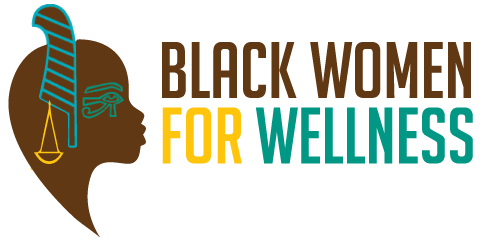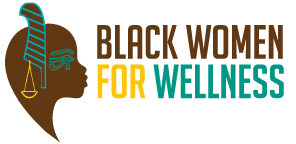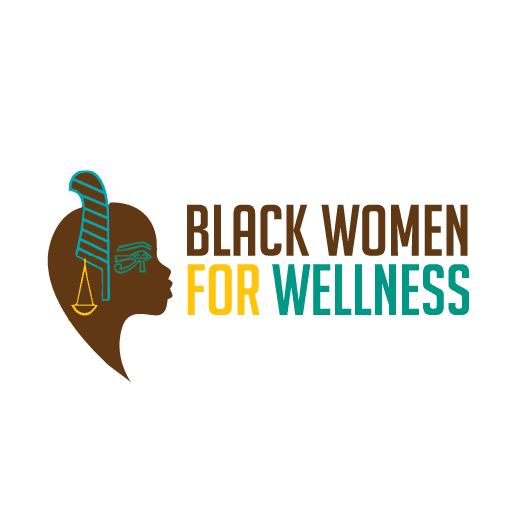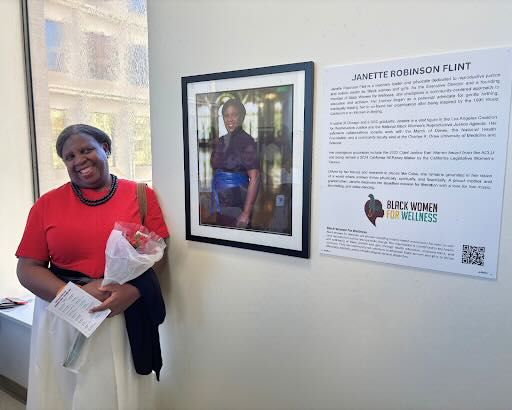Black Women for Wellness – International Women's Day 2014 – Honoring Female Icons
Date:
March 8, 2014 (Saturday)
5:00 pm – 8:00 pm
Location:
Los Angeles Turner Center
8946 Sepulveda Eastway
Los Angeles CA 90045
Join us as we celebrate these influential female icons.

Wangari Muta Mathaai
Wangari Muta Mathaai, awarded the Nobel Peace Prize in 2004, was a Kenyan human rights and environmental justice advocate best known for the Green Belt Movement which assisted women in planting more than 20 million trees on their farms and on schools and church compounds in order to conserve the environment and improve their quality of life.
She was born in Nyeri, Kenya in 1940. She was the first woman in East and Central Africa to earn a doctorate degree, obtaining a Ph.D. in 1971 from the University of Nairobi where she also taught veterinary anatomy. She became chair of the Department of Veterinary Anatomy and an associate professor in 1976 and 1977 respectively. In both cases, she was the first woman to attain those positions in the region. Wangari was active in the National Council of Women of Kenya in 1976-87 and was its chairman in 1981-87. While she served in the National Council of Women she introduced the idea of planting trees with the people in 1976 and continued to develop it into a broad-based, grassroots organization whose main focus is the planting of trees with women groups in order to conserve the environment and improve their quality of life. However, through the Green Belt Movement she has assisted women in planting more than 20 million trees on their farms and on schools and church compounds. In 1986, the Movement established a Pan African Green Belt Network and has exposed over 40 individuals from other African countries to the approach. Countries that have successfully launched such initiatives in Africa (Tanzania, Uganda, Malawi, Lesotho, Ethiopia, Zimbabwe, etc).
Wangari is internationally recognized for her persistent struggle for democracy, human rights and environmental conservation. She and the Green Belt Movement was awarded The 2004 Nobel Peace Prize. She has won other numerous awards and was listed on UNEP’s Global 500 Hall of Fame and named one of the 100 heroines of the world. In December 2002, she was elected to parliament with an overwhelming 98% of the vote. She was subsequently appointed by the president, as Assistant Minister for Environment, Natural Resources and Wildlife in Kenya’s ninth parliament.
Unfortunately, Wangari Maathai died from complications of ovarian cancer on 25 September 2011.

Coretta Scott King
Coretta Scott King, the wife of civil rights leader Martin Luther King Jr, was an important and influential civil and human rights activist, accomplished author and respected public figure in her own right.
Coretta was born in Heiberger, Alabama in 1927. An equal partner with her husband, Coretta took part in the Montgomery Bus Boycott of 1955, journeyed to Ghana to mark that nation’s independence in 1957, traveled to India on a pilgrimage in 1959 and worked to pass the 1964 Civil Rights Act, among other civil-rights-related work.
As part of her own efforts, she worked as a public mediator and as a liaison to peace and justice organizations. After her husband’s death, she founded the Martin Luther King Jr. Center for Nonviolent Social Change, based in Atlanta, Georgia, and served as the center’s president and chief executive officer from its inception until 1995. She oversaw local, national and international programs that trained tens of thousands of people in Dr. King’s philosophy and methods, promoting civil rights work through the globe. She spent 15 years striving to make Dr. King’s birthday a national holiday succeeding in 1983. The holiday is now a national phenomenon that continues to highlight the civil rights movement for women, men and children throughout the United States.
Mrs. King served the cause of justice and human rights throughout her life. She traveled took all over the world on goodwill missions to Africa, Latin America, Europe and Asia. In 1983, she marked the 20th anniversary of the historic March on Washington, by leading a gathering of more than 800 human rights organizations, the Coalition of Conscience, in the largest demonstration the capital city had seen up to that time. She also fought for AIDS education and authored many articles about social issues.
A life-long advocate of interracial coalitions, formed several in addition to the Coalition of Conscience. In 1974 Mrs. King, as Co-Chair of both the National Committee for Full Employment and the Full Employment Action Council, formed a broad coalition of over 100 religious, labor, business, civil and women’s rights organizations dedicated to a national policy of full employment and equal economic opportunity. She held other leadership roles in the political arena, nationally and internationally.
Coretta Scott King died in 2006 from complications of ovarian cancer.

Ida B. Wells
Ida B. Wells was a fierce investigative journalist and anti-lynching advocate who created and promoted international awareness of the civil and human rights injustices towards African-Americans in the late 1800s and early 1900s, specifically lynching. She traveled several times to Europe and other countries to describe the horrors of lynching to international pressure on the United States government to actively stop lynching.
Born a slave in Holly Springs, Mississippi in 1862 just before President Abraham Lincoln issued the Emancipation Proclamation, Ida grew up to become a leader in the civil rights movement. She attended different collage as she worked as an elementary school teacher to support her younger siblings after the death of their parents. While teaching, Wells was offered an editorial position for the Evening Star. She also wrote weekly articles for The Living Way weekly newspaper under the pen name “Iola” and gained a reputation for writing about the race issue. In 1889, she became co-owner and editor of Free Speech and Headlight, an anti-segregationist newspaper that was started by the Reverend Taylor Nightingale and was based at the Beale Street Baptist Church in Memphis. It published articles about racial injustice.
When three friends were lynched in Memphis in 1892, Ida began researching and documenting lynchings throughout the United States. She published her findings in a pamphlet entitled “Southern Horrors: Lynch Laws in All Its Phases”. She continued to write numerous articles about this specific racial injustices suffered by Blacks in the South. In 1896, she founded the National Association of Colored Women, and also founded the National Afro-American Council. Ida formed the Women’s Era Club, the first civic organization for African-American women. This later was named the Ida B. Wells Club, in honor of its founder. Ida was also a founder of the NAACP but was not listed on the original list, although there are conflicting stories to the reason why.
Ida took her anti-lynching campaign to Europe. She took two tours to Europe on her campaign for justice, the first in 1893 and the second in 1894. While she was in Europe she spent her time in both Scotland and England, where she gave many speeches and newspaper interviews mainly about lynching but also about other civil rights issues. She helped catalyze anti-lynching groups in Europe, which tried to press the US to guarantee the safety of blacks in the South.
Ida B. Wells died from kidney failure in 1931.

Dorothy Height
Dorothy Height was an activist widely known for, not only for civil, human and women rights for African Americans in the United States, but also for international communities such as India and South Africa. She was president of the National Council of Negro Women from 1957 to 1977. In 1963, Height was one of the organizers of the famed March on Washington and in 1986, she organized the first Black Family Reunion, a celebration of traditions and values.
Born in Richmond, Virginia in 1912, Dorothy started her career as a social worker. However, after meeting Mary McLeod Bethune and Eleanor Roosevelt, Dorothy volunteered with the National Council of Negro Women and eventually became its president in 1957. She also established Harlem YWCA’s Center for Racial Justice in 1965, which she ran until 1977. In 1963, Height was one of the organizers of the famed March on Washington. Dorothy was a great civil rights activist fighting for equal rights for both African Americans and women. American leaders regularly took her counsel, including First Lady Eleanor Roosevelt, and Height also encouraged President Dwight D. Eisenhower to desegregate schools and President Lyndon B. Johnson to appoint African-American women to positions in government. Height served on a number of committees, including as a consultant on African affairs to the Secretary of State, the President’s Committee on the Employment of the Handicapped, and the President’s Committee on the Status of Women.
Later in her career, Dorothy focused on strengthening the African-American family. In 1986, she organized the first Black Family Reunion, a celebration of traditions and values. President Bill Clinton awarded her the Presidential Medal of Freedom in 1994 and, in 2004, President George W. Bush gave her the Congressional Gold Medal.
Dorothy Height died in Washington, D.C. on April 20, 2010 from natural causes.




